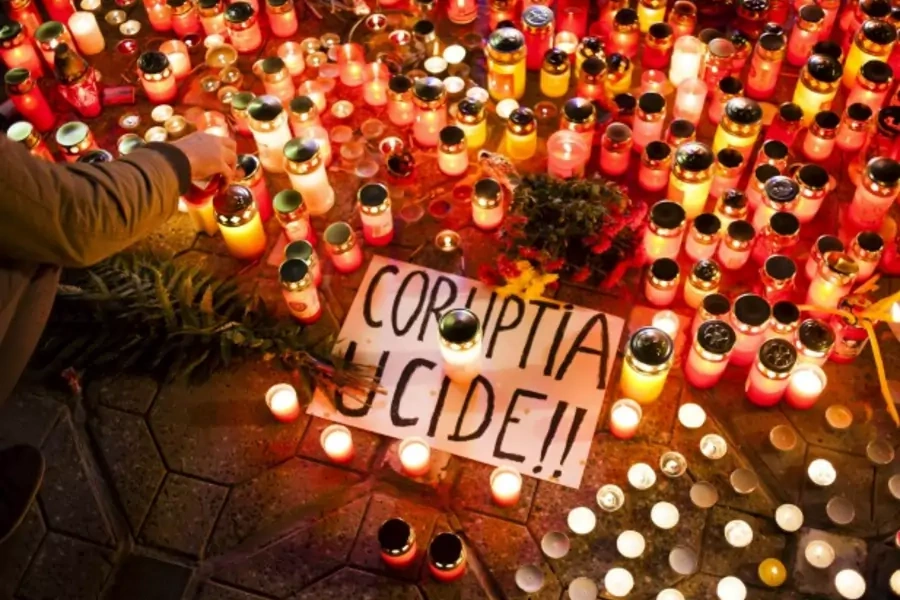This Week in Markets and Democracy: Ericsson Corruption Probes, EU Spurs Antigraft Action, Modi Courts FDI

More on:
Corruption Probes Spook Ericsson Investors
Both U.S. and Greek authorities are taking on Ericsson AB, one of the world’s biggest telecoms companies, for alleged corruption. The United States is investigating its operations in both China and Romania for potential Foreign Corrupt Practices Act (FCPA) violations. The Greeks summoned seven current and former executives over whether the Swedish multinational bribed government officials to win a $597 million defense contract in 1999. These inquires come at a time when the company faces stiff competition, declining sales, and falling share prices. Ericsson is now trying to ease investors’ concerns, hoping the revelations do not get worse.
EU Membership Spurs Anticorruption Action
The European Union’s (EU) anticorruption requirements are shaping rules for current and would-be members. In Serbia they have prompted antigraft activism as the nation pushes to enter the union. Authorities arrested eighty current and former officials for corruption and financial crimes late last year. And its courts just sentenced Miroslav Mišković, a politically-connected billionaire, to five years in prison for tax evasion. EU membership also likely helped keep Romania from backsliding, as the recent effort to decriminalize public official corruption—rejected by Romania’s constitutional court—would have violated its EU obligations. The move came after the nation’s anticorruption prosecutors took on a record 1,250 cases, convicting over 90 percent, including twenty-one members of parliament and the former prime minister.
India’s Modi Courts Foreign Investment
Despite India’s size and global heft, it so far has failed to capture its fair share of foreign direct investment (FDI). In 2015 it brought in $44 billion compared to demographically similar China’s $136 billion, and Brazil’s $65 billion. This matters, as studies show FDI brings jobs, new technologies, and can help emerging economies increase the value added in their production and exports. Now Prime Minister Narendra Modi’s government is easing many restrictions on investment. New rules allow foreign investors to fully own defense, aviation, and food companies. They also lower domestic content laws for consumer goods, making it easier for companies like Apple and Ikea to open stores in India. It remains to be seen whether these efforts will be enough to offset the still complex tax system and strict labor rules (that often require government approval for layoffs), to bring in foreign companies and dollars.
More on:
 Online Store
Online Store